Stop Declaring War on a Virus
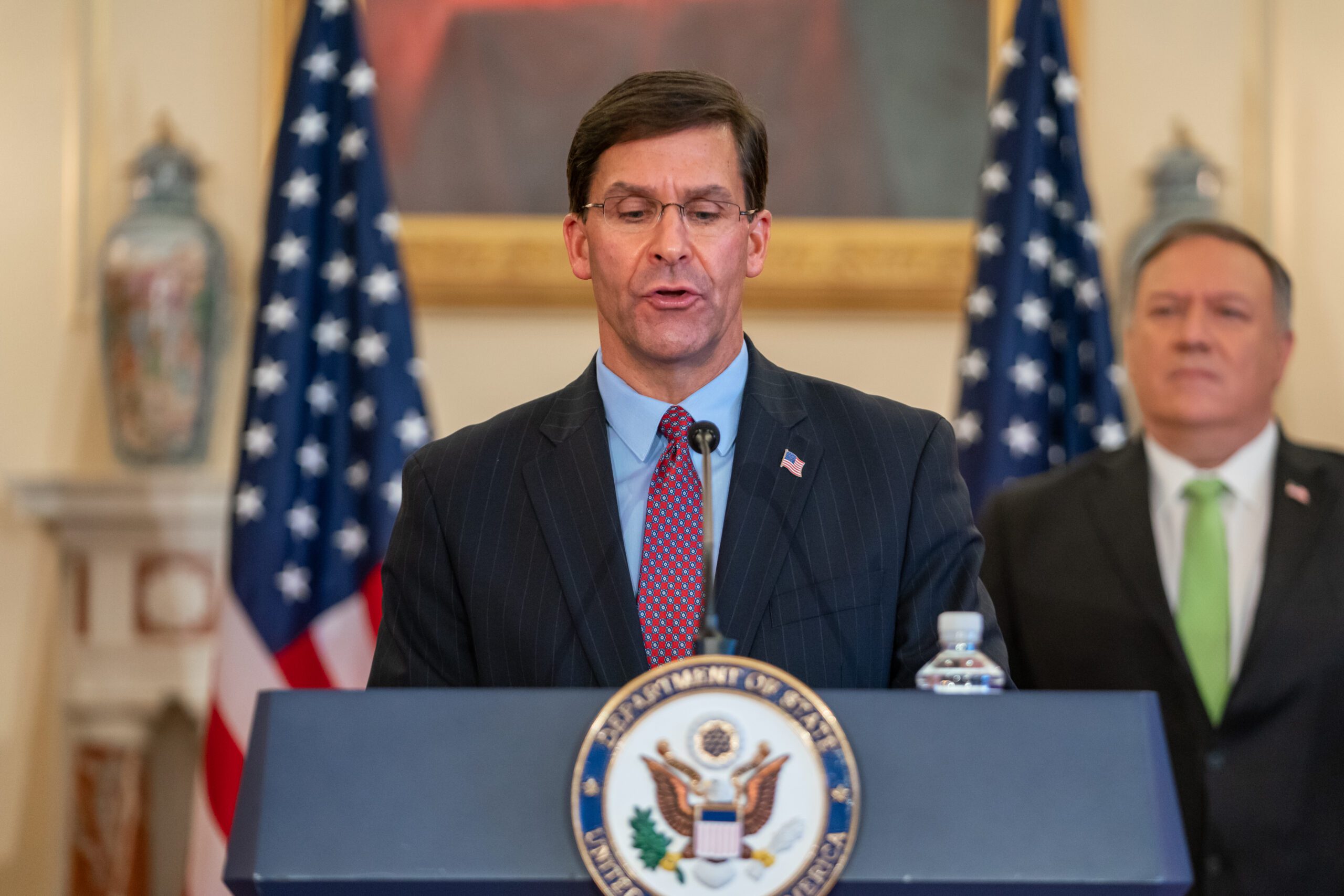
By Mark Hannah, Senior Fellow
This article appeared in War on the Rocks on April 17, 2020. It includes references to the Eurasia Group Foundation, now known as the Institute for Global Affairs.
Brett Crozier, the recently fired captain of the USS Theodore Roosevelt, broke the chain of command when he wrote a letter proposing a quarantine of more than 100 coronavirus-infected sailors during a stop in Guam. He acknowledged that immobilizing a “deployed US nuclear aircraft carrier … may seem like an extraordinary measure,” but reasoned, “We are not at war. Sailors do not need to die.”
When then-Acting Navy Secretary Thomas Modly later addressed the ship’s crew (in what turned out to be a remarkable act of self-immolation), he said that last line bothered him: “We’re not technically at war, but … the only reason we are dealing with this right now is because a big authoritarian regime called China was not forthcoming about what was happening with the virus.”
Meanwhile, the president quietly deployed ships and aircraft to the Caribbean to confront drug cartels that could “exploit the pandemic to threaten American lives.” According to Gen. Mark Milley, the Chairman of the Joint Chiefs of Staff, the military obtained intelligence suggesting Mexican cartels think it’s an opportune moment to shuttle their drugs northward. He concluded, “We’re at war with COVID-19, we’re at war with terrorists, and we’re at war with drug cartels as well.”
Donald Trump is styling himself as a wartime president. He rallies Americans to a “war with an invisible enemy” and promises to “vanquish the virus.” His surgeon general recently conjured the air raid on Pearl Harbor as well as the 9/11 attacks to describe the devastation Americans can expect to see. Presidents are drawn to declaring “war,” be it on poverty, drugs, or a pandemic. Doing so allows them to simplify threats, concentrate power, and deploy forces, even if they are ill-equipped to defeat poverty, narcotics, or a virus.
…
Read more of this article in War on the Rocks

Written by Mark Hannah
Mark is a senior fellow with the Independent America project at the Institute for Global Affairs and the host of IGA’s podcast, None Of The Above.
Read more from Mark
This post is part of Independent America, a research program led out by Jonathan Guyer, which seeks to explore how US foreign policy could better be tailored to new global realities and to the preferences of American voters.
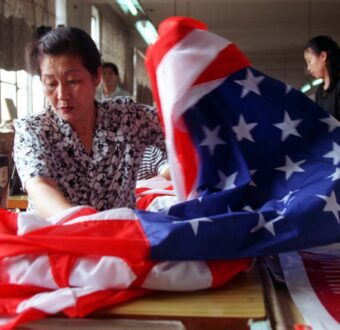
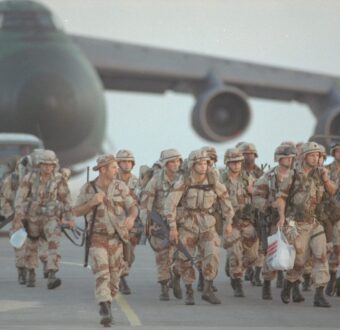
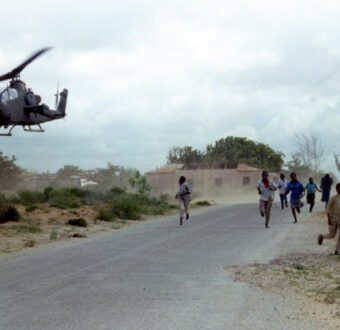
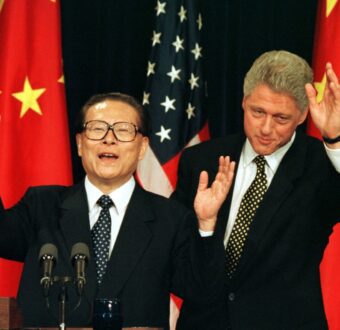
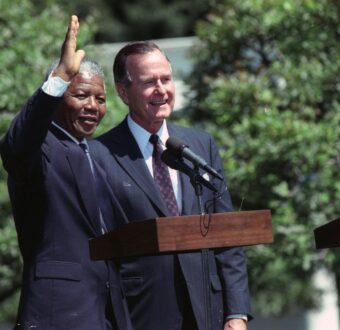
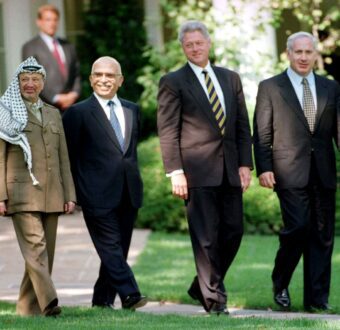

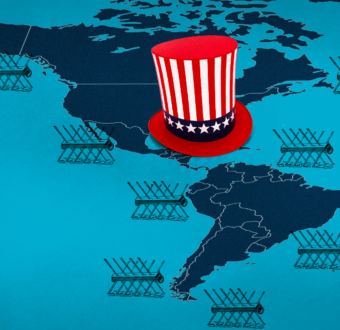



The UN Doesn’t Get Credit for the Lives It Saves